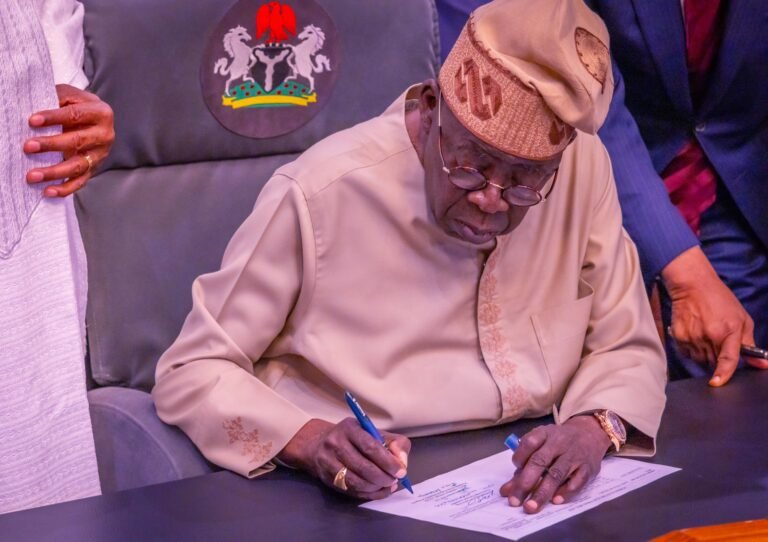The steady rise in inflation rates across African countries has been a growing concern in recent years. This phenomenon can be attributed to various factors that have led to the devaluation of national currencies, resulting in a surge in prices of goods and services. One major cause of inflation in Africa is excessive money supply due to deficit financing by governments. In an effort to fund budget deficits, governments tend to print more money, leading to an increase in the supply of money in circulation. This surplus money begins to chase a limited supply of goods, driving up prices and ultimately leading to inflation.
The African Development Bank (AfDB) has reviewed its short- to medium-term macroeconomic forecast for Africa for 2023 and 2024, projecting Africa’s inflation to rise by 17.1% in 2024 and urging countries to continue implementing restrictive monetary policies to contain inflation.
The bank which said this In a statement, said it reviewed the forecast to 3.4 and 3.8 per cent from 4.0 per cent and 4.3 per cent, respectively. According to the statement, the elevation of cost-of-living pressures has eroded Africans’ purchasing power, stoking the risk of further increases in the incidence of poverty.
Read Also : Africa Aviation : Nigeria, Morocco and South Africa take Lead
It said: ”among the update’s findings, slow global economic growth impacts demand for Africa’s exports, a trend projected to persist for much longer than anticipated. “This has placed additional strain on African countries, especially those dependent on the Chinese market for commodity exports.”
The statement explained that more robust policy support in China could bolster global economic recovery and trigger positive spillovers to African countries for which China remains a major trading partner. It said these factors could help moderate adverse risks to the economic outlook.
Meanwhile, Prof. Kevin Urama, AfDB’s Chief Economist and Vice President, said the challenging global economic environment and multiple shocks shaped Africa’s macroeconomic performance. Urama said the entrenched inflationary pressures threatened to reverse all the macroeconomic gains since the pandemic risks were easing. He said the continued depreciation of domestic currencies in many countries had also exacerbated debt service costs.
“In the face of regional and global shocks, the Bank remains resolute in supporting African countries to navigate these challenges better and put economic growth back on track,” he said.
























